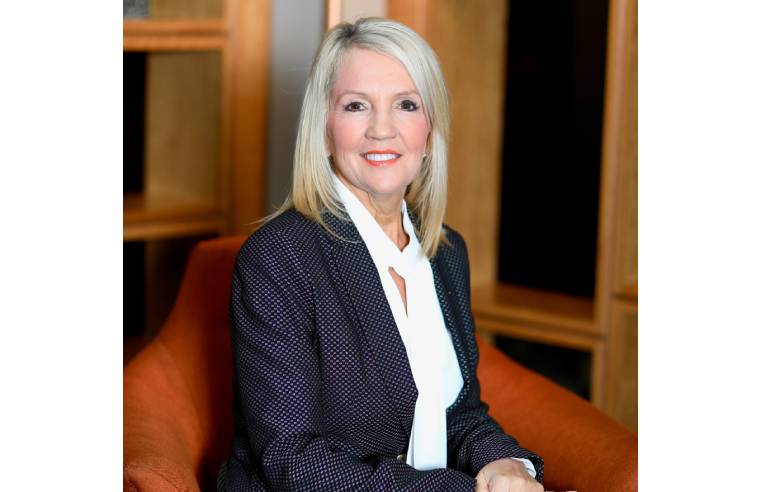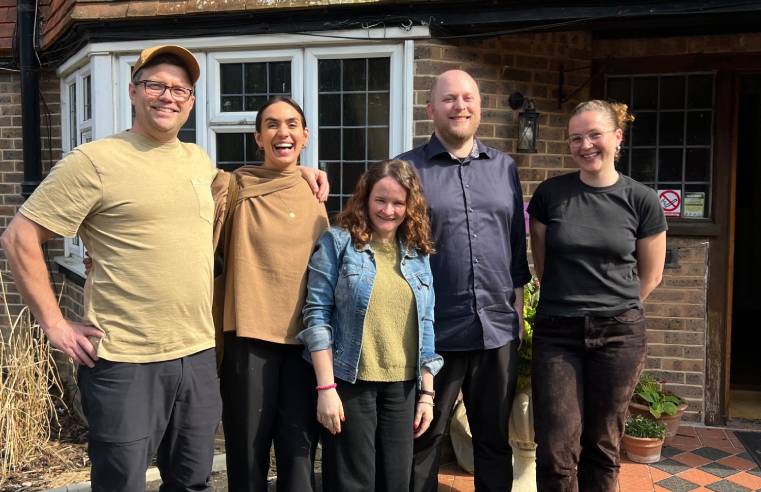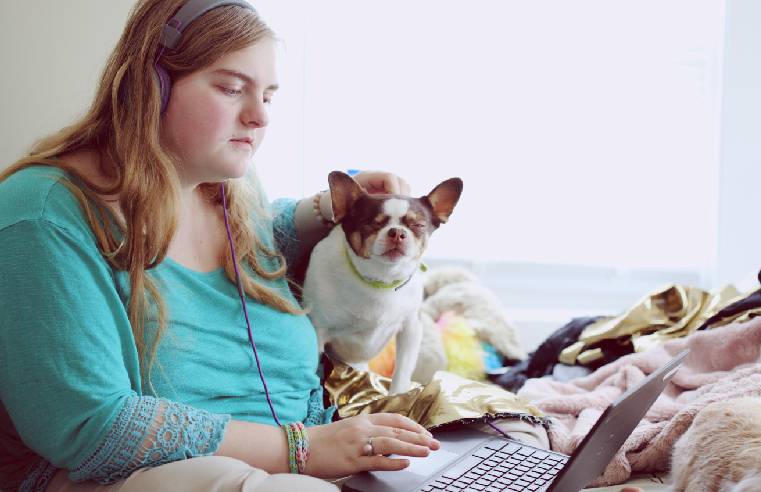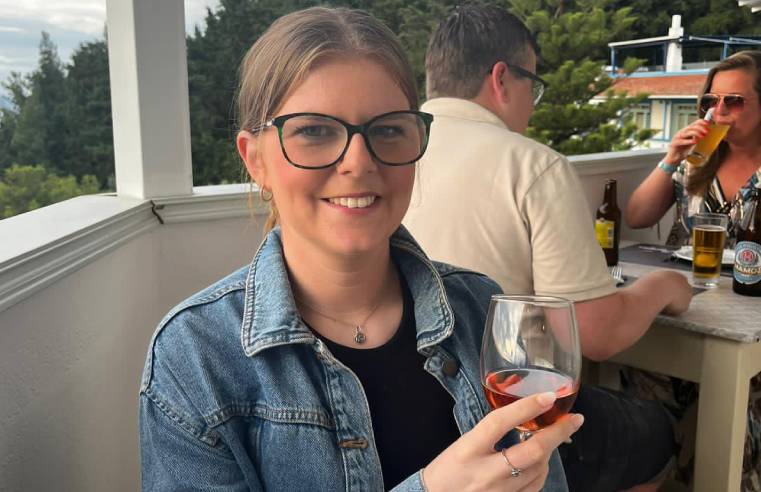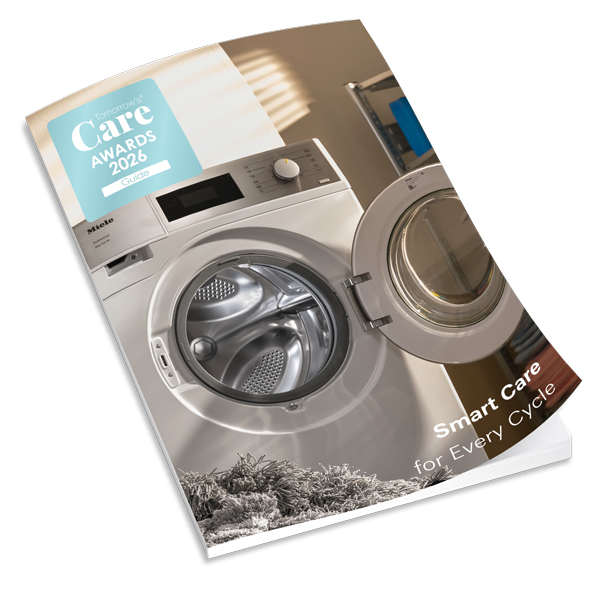Alyson Scurfield, CEO, TEC Services Association (TSA), explains how a new project aims to identify how technology can be used to enable elderly people to remain living in their own homes.
There was a recurring theme in last year’s social care reform white paper. ‘Making every decision about care a decision about housing’ is an approach that is long overdue, and one that speaks to the importance of home in our lives.
For me, my home is my haven - somewhere I can fully relax. It’s a space where I feel cosy, surrounded by the things and the people that I love.
Research backs up this link between home and wellbeing. We know that housing conditions have a major impact on mental and physical health. Living in a place you choose, somewhere you call home – that is safe, dry and comfortable – is key to improving quality of life.
Suitable housing not only gives people a sense of belonging, connecting them to their community, it sustains their independence and physical health, reducing reliance on statutory services.
The sector I work in – technology enabled care – helps people to live in their own homes for longer.
Every week I speak to care organisations, housing associations and councils that provide digital services to individuals, their families and carers. These systems and solutions give people confidence and reassurance, enabling them to manage their own health, in the way they want, in their own home.
It’s this choice and control that is the driving force behind a project called TAPPI (Technology for our Ageing Population: Panel for Innovation).
Led by the Housing Learning and Improvement Network (Housing LIN), the TEC Services Association (TSA) and funded by the Dunhill Medical Trust, this project aims to improve the way digital is used in housing and care. Our goal is to ensure that, in the near future, ‘care-ready’ digital infrastructure is woven into the fabric of all new and retrofitted homes, right from design stage.
In 2021, the first phase of TAPPI looked at current practice and then set out 10 practical principles for using digital in housing and care for older people. The second phase will trial the use of these principles in people’s homes.
Six care and housing providers have been awarded funding to test different mainstream and specialist technologies with older people, gathering their feedback.
Bield Housing & Care, Haringey Council, Platform Housing Group, Pobl Group, Southend Care and Wiltshire Council will engage older residents to test digital devices, apps and systems, giving them shared responsibility, alongside staff, to decide which digital support services to develop going forward.
It’s this co-production element that is so critical to TAPPI. In the past, decisions about care technology have often been made for people, rather than with them. TAPPI will challenge this, helping care and housing staff to work in equal partnership with residents so, together, they can identify the technology that best meets people’s needs.
This process of sharing power will be facilitated by Co-production Works, which supports organisations to collaborate with people who use services. Co-production Works will train residents and staff and pay participants for their time.
The Cambridge Centre for Housing and Planning Research (CCHPR) - part of the University of Cambridge - has been appointed to evaluate TAPPI. Researchers will work with the six care and housing providers to quantify benefits from their work and share what they’ve learnt with the wider housing and care sector.
Our intention with this project is to create a blue print for delivering digital care and housing services successfully within communities. We want to find the best ways to support people to live in their own homes and communities for longer and giving a voice to residents is the first critical step on this journey.



